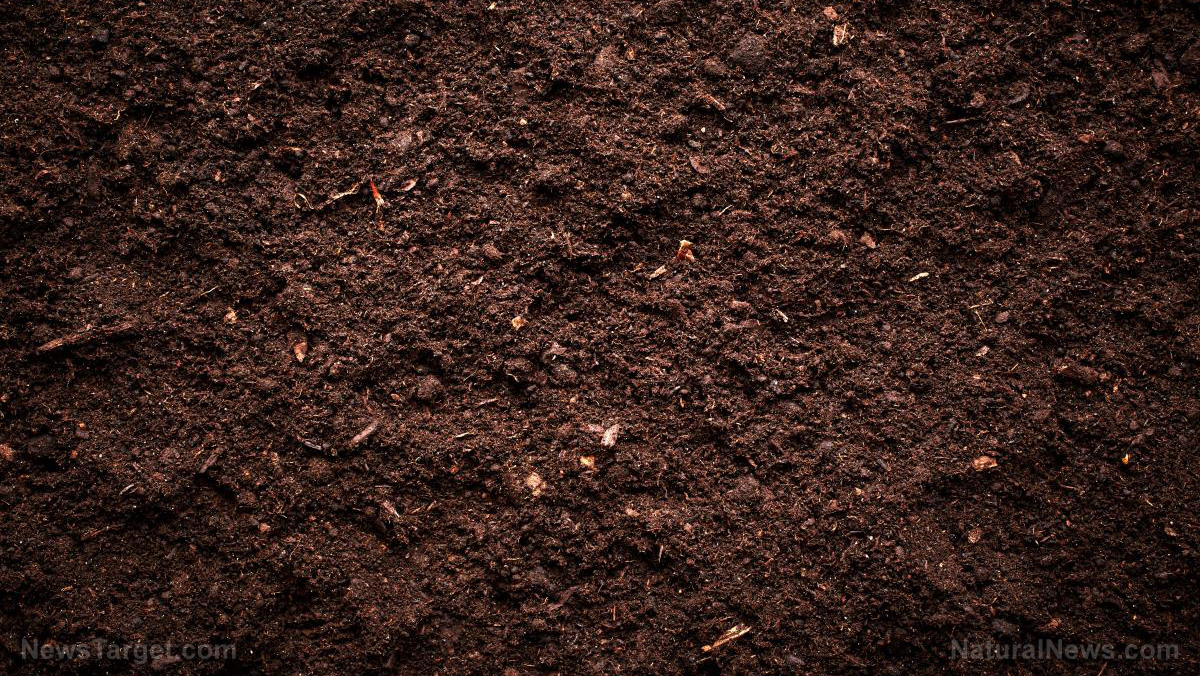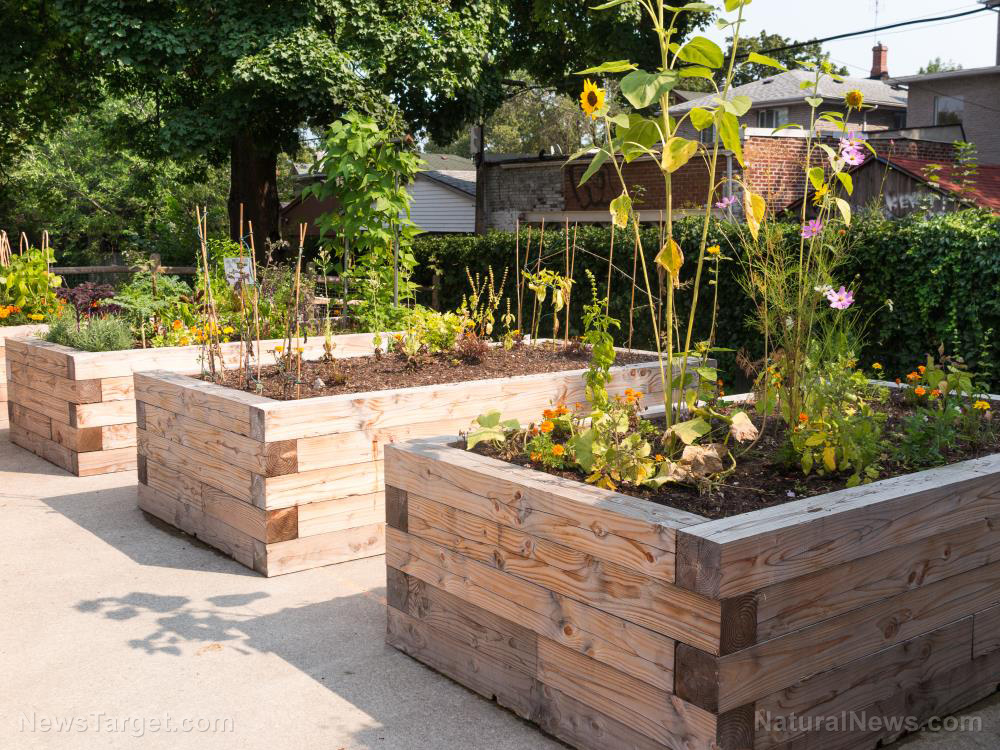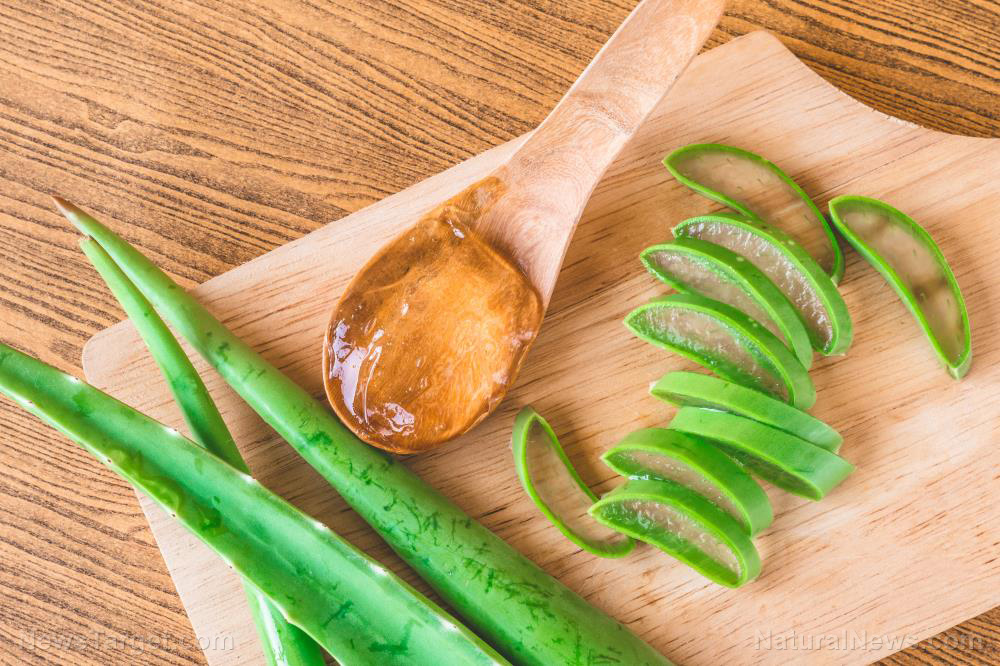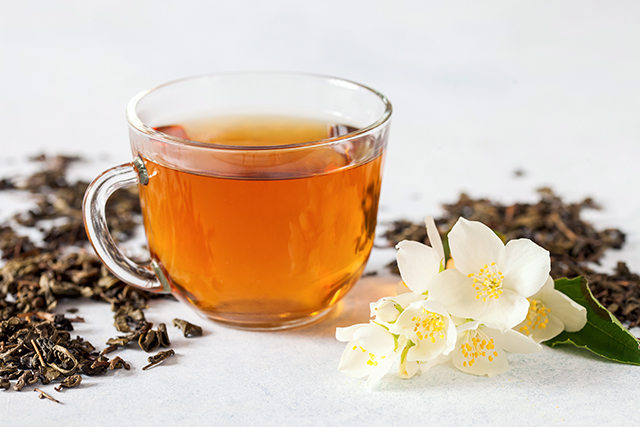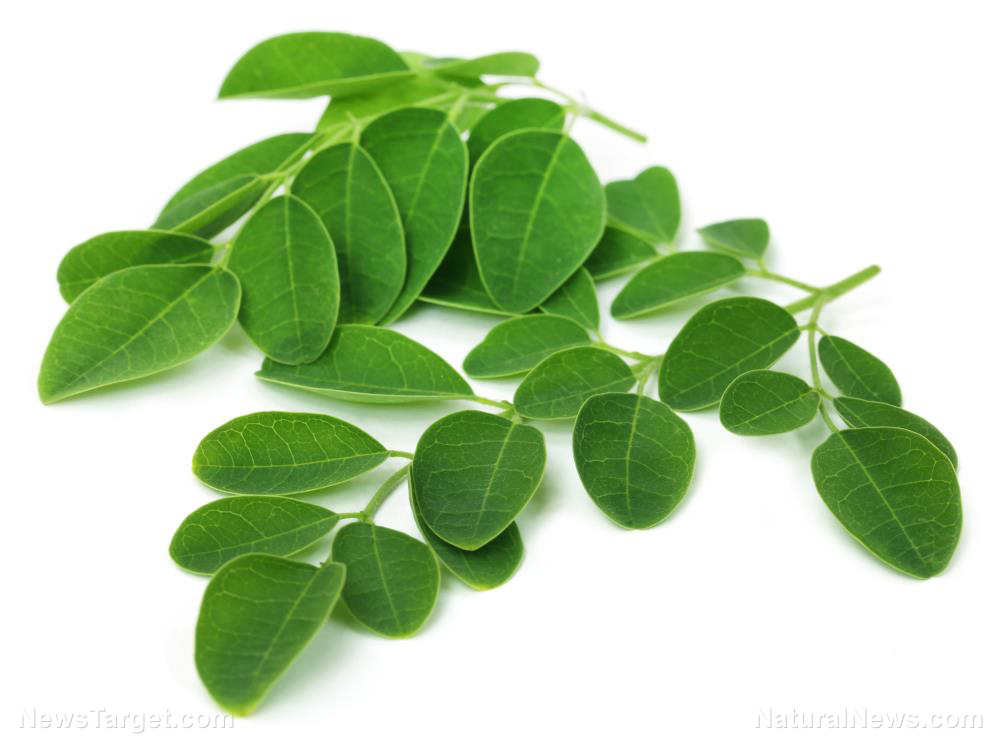Use horticultural vinegar as a natural herbicide
11/13/2018 / By Zoey Sky

Weeds are a home gardener’s nightmare. There are many ways to eliminate pesky weeds, from old-school hand-pulling to using herbicides, but there is a natural and effective alternative that is worth considering.
If you are facing a weed problem in your garden, try using horticultural vinegar as an alternative to store-bought herbicides that may contain toxic chemicals.
The video below, which was uploaded on the official Natural News Brighteon channel, discusses horticultural vinegar and how you can use it to make some eco-friendly weed killer.
Watch the full Brighteon.com video here:
How to make horticultural vinegar-based weed killer
Horticultural vinegar has at least 20 to 30 percent acidity, and you will need it to make a natural weed killer. This eco-friendly alternative to store-bought herbicides is free from toxic chemicals that only harm your crops and the environment.
To make the natural herbicide, you will need some horticultural vinegar and water. (Related: Control weeds naturally with vinegar.)
Steps:
- Combine four parts of horticultural vinegar with one part water.
- Mix well.
- Put the mixture in a spray bottle.
Use the vinegar spray to get rid of pesky weeds in your garden in early summer or spring. The weeds will turn brown and wither after eight to 12 hours.
For best results, spray the vinegar solution from mid- to late afternoon.
A list of alternative weed killers
Aside from horticultural vinegar, here’s a list of other natural methods that you can try to get rid of weeds in your garden:
Sponsored solution from CWC Labs: This heavy metals test kit allows you to test almost anything for 20+ heavy metals and nutritive minerals, including lead, mercury, arsenic, cadmium, aluminum and more. You can test your own hair, vitamins, well water, garden soil, superfoods, pet hair, beverages and other samples (no blood or urine). ISO accredited laboratory using ICP-MS (mass spec) analysis with parts per billion sensitivity. Learn more here.
- Dig carefully – When you remove grass on your lawn, you’re also creating a new place for weeds to grow. Some lawns have hidden weed seeds so dig carefully.
- Hand-pulling – If you don’t mind putting in some hard work, hand-pulling is an effective and natural method for eliminating weeds. Wait until after it rains, which can soften the ground, then pull weeds from beneath the soil. Use a knife or screwdriver to loosen any stubborn taproots.
- Outnumber weeds– For this method to work, you need to plant various flowers, garden crops, or ground covers that will naturally beat out weeds for nutrients, sunlight, and water. This method taps into the natural competition for resources among the plants in your home garden.
- Pour boiling water on weeds – Boil plain tap water, then carefully pour it on weeds that grow in the cracks in sidewalks or your driveway. This method is perfect for young weeds. Add a tablespoon of salt to the boiling water to make it even more effective. Boiling water produces immediate results, so use this method if you’re in a hurry to kill certain weeds on your property.
- Smother weeds – Cover low-growing weeds, such as clover or crabgrass, with newspaper. In time, the lack of sunlight will get rid of them. You can also put down sections of newspaper, then cover them with mulch to prevent new weeds from sprouting in your garden.
- Use mulch – Mulch can help kill weeds, and it also helps keep the garden soil cool and wet. Mulch can also eliminate the light that weeds need to grow. Don’t use mulch near your lawn and keep it about two inches deep so it doesn’t kill your grass.
See the full guide on how to make natural herbicide by watching the video, which you can view at this link.
You can read more articles about other natural weed killers at HomeGardeningNews.com.
Sources include:
Tagged Under: Brighteon, gardening, green living, harvest, home gardens, Homestead, homesteading, horticultural vinegar, horticulture, how-to, natural weed killer, off grid, organic farming, organic gardening, organics, prepper, prepping, Vinegar, weed control, weeds



